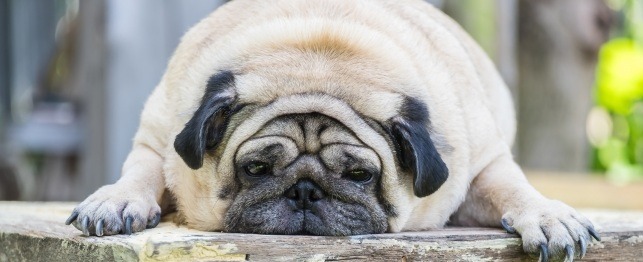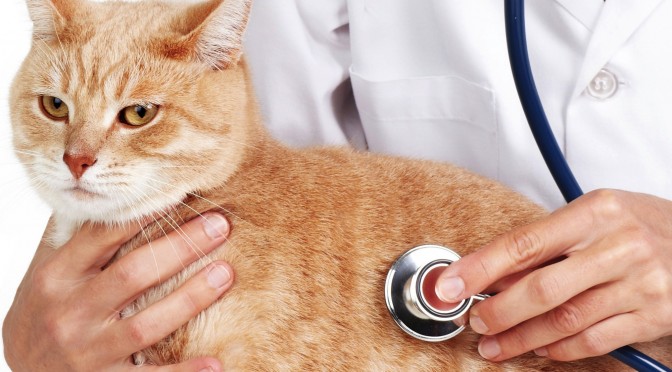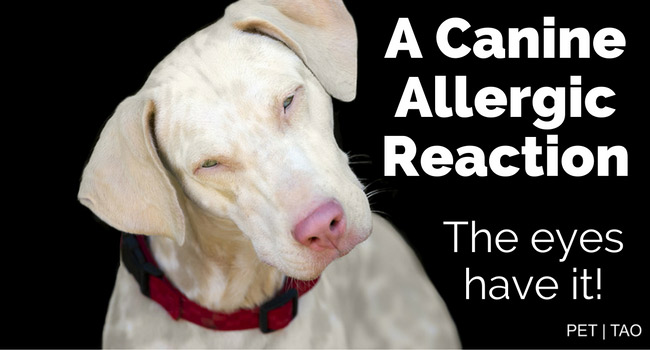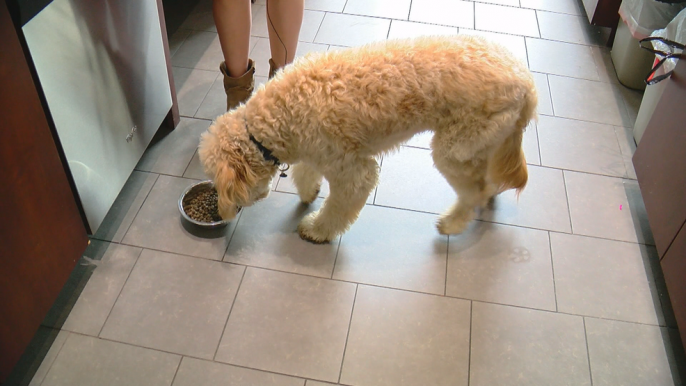The recent rise in obesity is not only inclusive of humans, but canine waistlines also appear to be growing to that of an unsatisfactory size is a cause of major health problems for dogs in the UK.
Obese dogs tend to suffer from illnesses such as; diabetes, arthritis, breathing problems, heart trouble and liver, and kidney conditions. These conditions not only affect the energy levels and the mood of your pet, but they also lower their standard of living. Every pet owner likes to indulge their dog with titbits as a harmless treat.
However, what you may not realize is that the calorie content of such snacks is adding to their regular food intake, which can result in a heavy, unhealthy dog. Eukanuba dog treats are designed to take out the mass calorific count of a treat and will keep your dog satisfied the same way a titbit would, a guilty treat without the guilt.
 Dog foods such as Hills Prescription Diet Canine and Royal Canin’s Obesity Veterinary Diet will help aid the weight loss and keep a controlled diet for your dog once at optimum weight. They are highly recommended as the calories are low but fiber content is high which will keep your pet hunger-free for longer thus resulting in less begging for treats. Lower calories are essential in the weight loss programme even if you are not overfeeding your pet.
Dog foods such as Hills Prescription Diet Canine and Royal Canin’s Obesity Veterinary Diet will help aid the weight loss and keep a controlled diet for your dog once at optimum weight. They are highly recommended as the calories are low but fiber content is high which will keep your pet hunger-free for longer thus resulting in less begging for treats. Lower calories are essential in the weight loss programme even if you are not overfeeding your pet.
Unsure of what may be causing the weight issue? Meeting with your vet before a drastic change in dog food is encouraged as there may well be an underlying reason for the stubborn weight gain, rather than just eating too much. You could try increasing the number of times a day you feed your dog but use a smaller bowl; it’s a simple trick that tends to work. Weight loss diet plan should be gradual and not solely relied upon the diet. Regular exercise and lower calories is a force to be reckoned with when beating obesity in dogs.



